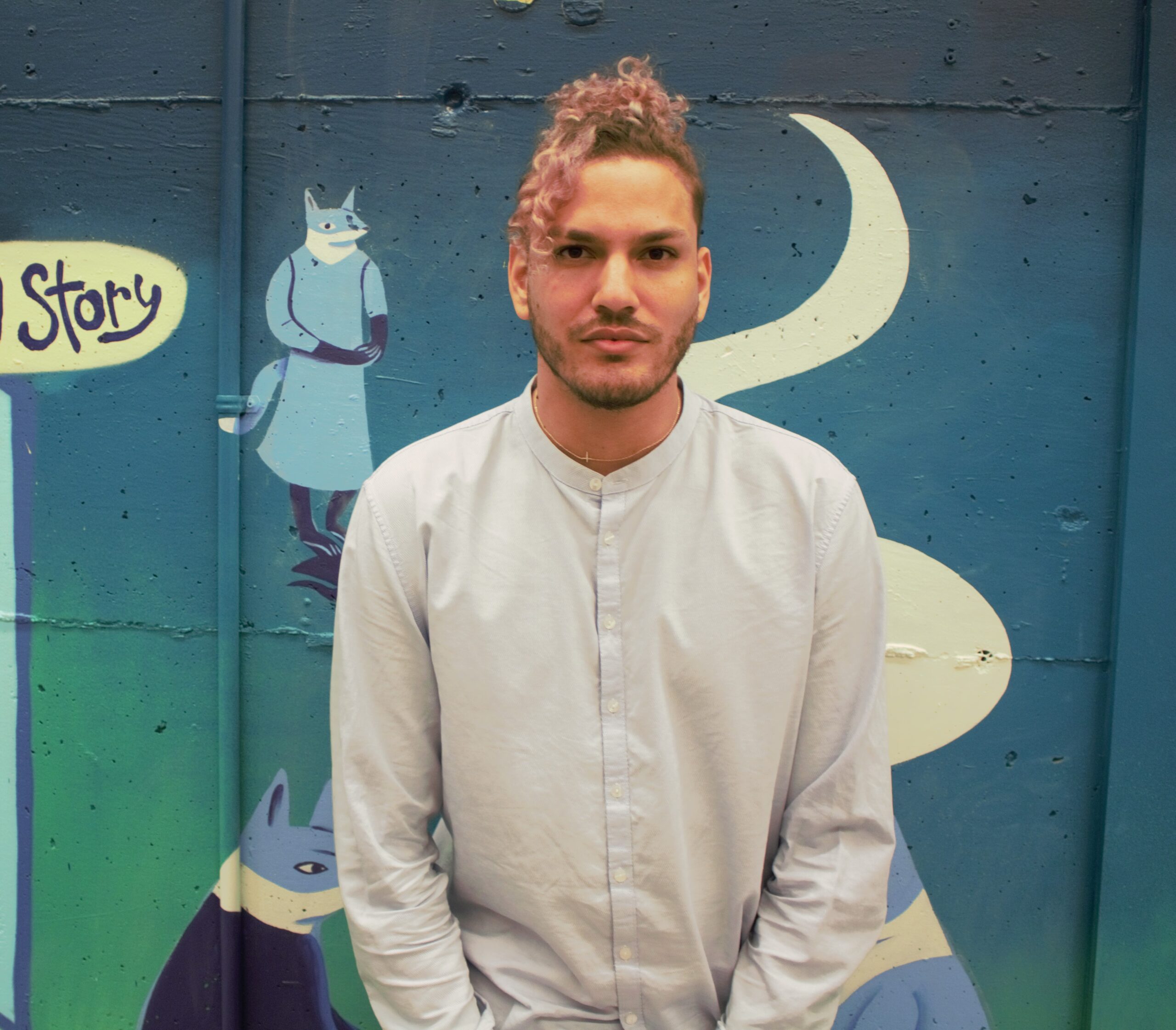Hope Meets Action
Josh Robertson
What are your thoughts of museums in general? Where do they fall short and where do they hold potential?
We have to acknowledge the deeply colonial history of museums, however, there also lies the potential that we see in projects such as the one that we’re working on to redress the history of colonial violence towards cultural communities through various means. One thing that we want to focus on is to really derive it from the community and hear what the community wants but also to communicate an active history. Often times racialized communities and culture has been put into a place of stagnancy in museums—these were people who existed, these are cultures that used to exist—and what we know, as racialized people, is that our history and our culture is ongoing, extensive, influential and living. However, we also see the potential of museums as a space for a community of learning and of unlearning, and so redress is the name of the game and inviting in living histories of those that have been previously marginalized.
What are your hopes and aspirations for the Hope Meets Action exhibition?
For me, growing up here, I was told a history that excluded our existence as Black people in this country and in British Columbia, and I think that speaks to belonging. So, one of the things that is exciting about this is the ability to hear from the community, to take some of their hopes, dreams, aspirations and to try to apply that, to ignite a notion that we not only have been here but have contributed and continue to contribute and exist in influential ways. So that’s what I’m excited about, to create the belonging for the Black community and from that to create a common understanding and kinship amongst Canadians.
Who is the one person you are really looking forward to bringing to the exhibition? How do you hope they will feel about it?
I have two people—my mom and my nephew. My mom who has long struggled and fought for the acknowledgement of the contributions of Black people to this country and our existence. And also, I’m excited to bring my nephew because I’m excited for that generation’s ability to have a greater awareness of Black Canadian history, which is Canadian history, ingrained and embedded in the school system, programs and curriculum, and to grow up with a sense of that belonging that we just discussed. So yeah, it’s actually a little bit emotional. I’m quite excited for that future for my nephew and for the next generation of young Black people who can find identity and belonging and celebrate their great capacity of all these Black people and the tremendous abilities and contributions. Whenever we’ve been given an inch, we’ve taken a yard, so I’m excited for that.


